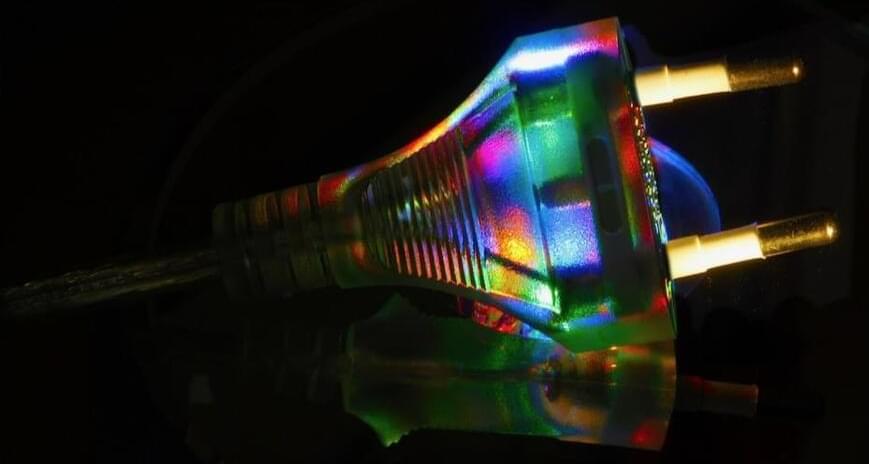Interfacing modern electronics-based technology with biology is notoriously difficult. One major stumbling block is that the way they are powered is very different. While most of our gadgets run on electrons, nature relies on the energy released when the chemical bonds of ATP are broken. Finding ways to convert between these two very different currencies of energy could be useful for a host of biotechnologies.
Genetically engineered microbes are already being used to produce various high-value chemicals and therapeutically useful proteins, and there are hopes they could soon help generate greener jet fuel, break down plastic waste, and even grow new foods in giant bioreactors. But at the minute, these processes are powered through an inefficient process of growing biomass, converting it to sugar, and feeding it to the microbes.
Now, researchers at the Max Planck Institute for Terrestrial Microbiology in Germany have devised a much more direct way to power biological processes. They have created an artificial metabolic pathway that can directly convert electricity into ATP using a cocktail of enzymes. And crucially, the process works in vitro and doesn’t rely on the native machinery of cells.
